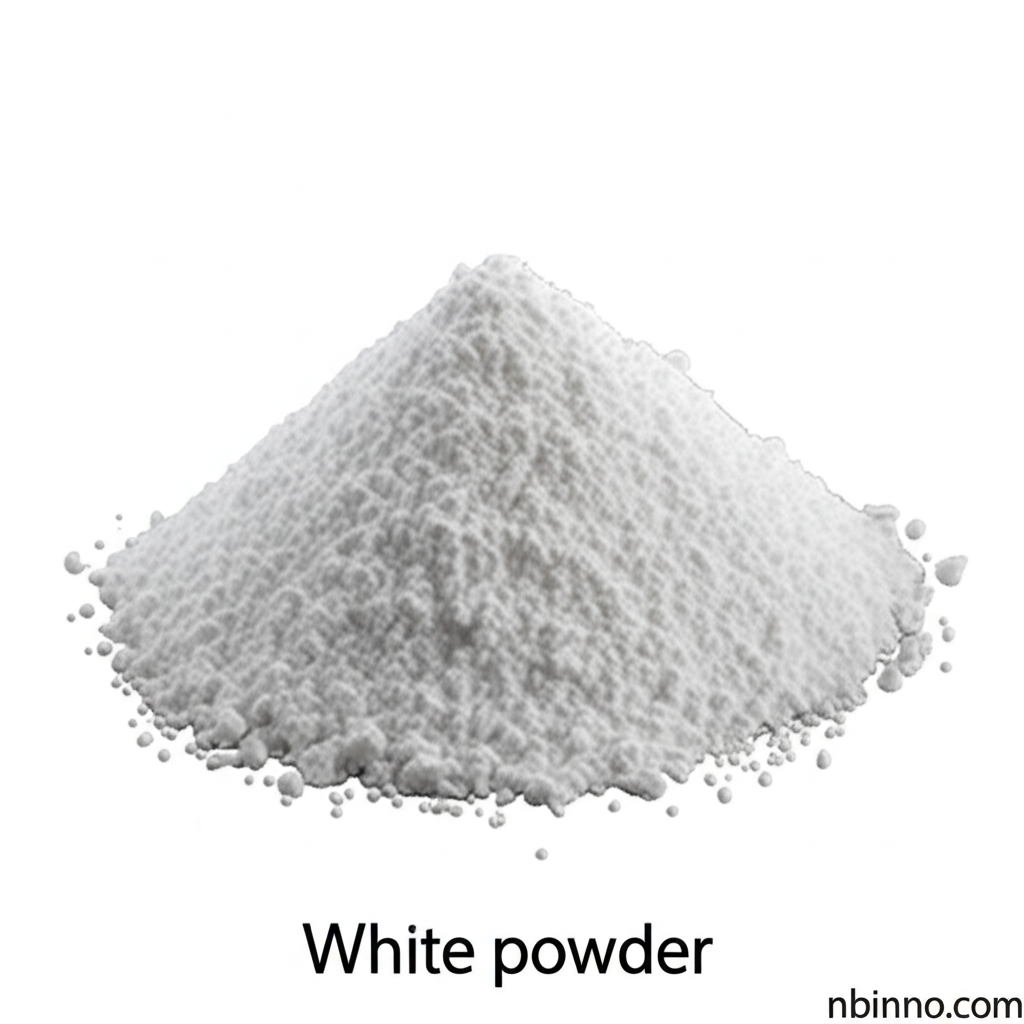Succimer: A Comprehensive Guide to meso-2,3-Dimercaptosuccinic Acid Applications and Benefits
Explore the potent chelating properties of Succimer and its critical role in heavy metal detoxification.
Get a Quote & SampleProduct Core Value

meso-2,3-Dimercaptosuccinic Acid
Succimer, chemically known as meso-2,3-Dimercaptosuccinic Acid (CAS 304-55-2), stands out as a highly effective chelating agent. Its unique structure, featuring two thiol groups, allows it to bind with heavy metals such as lead, mercury, and arsenic, facilitating their removal from the body. This makes it a crucial component in treatments for heavy metal poisoning.
- Discover how Succimer for lead poisoning offers a safe and effective oral administration route for heavy metal detoxification.
- Understand the mechanisms behind DMSA heavy metal detoxification and its advantages over traditional methods.
- Learn about the key applications of this succinic acid derivative in both human and veterinary medicine for treating toxic metal exposure.
- Explore the sourcing and purchasing of this vital oral chelator for mercury and other toxic metals.
Advantages of Using Succimer
Potent Chelating Action
The inherent ability of Succimer to form stable complexes with toxic metals makes it a powerful tool for managing heavy metal poisoning, a critical aspect of patient recovery.
Oral Administration Efficacy
As an oral chelator for mercury and other metals, Succimer provides a convenient and less invasive treatment option compared to injectable chelating agents.
Broad-Spectrum Metal Binding
Investigate the succinic acid derivative uses, particularly its capability to bind lead, mercury, and arsenic, offering a wide range of therapeutic applications in clinical settings.
Key Applications
Heavy Metal Poisoning Treatment
Succimer is critically important for treating poisoning caused by lead, mercury, and arsenic, acting as a lifeline in critical health situations.
Veterinary Toxicology
The veterinary succimer treatment demonstrates its utility in animal health, addressing heavy metal toxicity in pets and livestock effectively.
Pharmaceutical Research
As a pharmaceutical intermediate, DMSA is vital for developing new therapies and studying the mechanisms of metal toxicity and chelation.
Chemical Synthesis
Its role as a succinic acid derivative extends to chemical synthesis, where its unique properties are leveraged in various laboratory applications.
